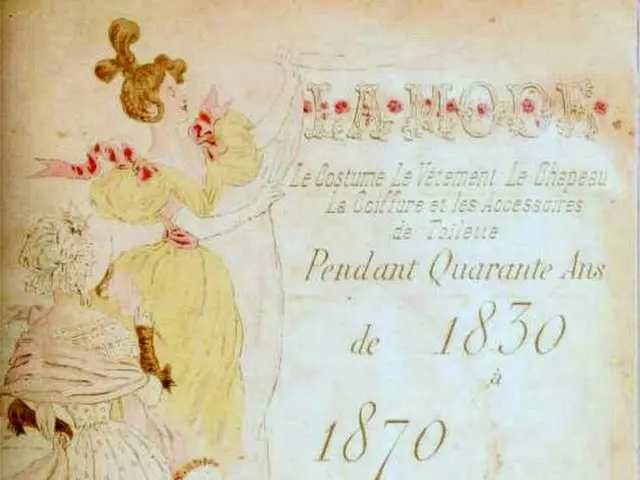Clerical Sexual Misconduct - Bishop Issues Apology for Transgressions - Clergy misconduct in the diocese - Bishop seeks forgiveness for wrongdoing
Hey there! Let's chat about the headline-making event happening in the Diocese of Speyer.
Bishop Karl-Heinz Wiesemann, the local bishop, has asked for forgiveness following a new study that exposed sexual abuse within his diocese. The study, which is expected to be completed in two years, has already been presented by historian Sylvia Schraut. The first part of the study indicates that church structures have facilitated the sexual abuse in Speyer.
Although the full extent of the issue remains to be discovered, we do know that currently, around 150 individuals - including clergy and laypeople - have been identified as perpetrators. Most of the abuses occurred in the 1950s and 1960s, often in church homes for children and youth, and a significant number of cases only came to light after 2000.
Church officials are taking the findings seriously and are advocating for a cultural shift within the Catholic Church. Bishop Wiesemann himself admitted that he was initially underestimating the issue and personally feels ashamed. General Vicar Markus Magin announced a memorial for the victims, expressing his support for the Bishop's apology.
The Diocese of Speyer, covering the Palatinate and the Saarpfalz district with around 1.57 million people, has become a hotspot for this issue. Some victims have criticized the church for not dismantling the structures responsible for the abuse, and there are many who still believe they are an isolated case. This is a crucial time for change within the Church.
While the details of the study remain under wraps, it's clear that Bishop Wiesemann and other church leaders recognize the need for transparency, accountability, and a cultural shift in the Catholic Church to address this issue effectively.
Now, you might be wondering why this issue is so widespread in the Catholic Church. The problem of sexual abuse in the Church is not exclusive to the Diocese of Speyer. In fact, it's a longstanding issue that's affected various dioceses worldwide. The case of Fr. Marko Rupnik, a Jesuit priest accused of sexual abuse, highlights the challenges faced by the Church in addressing these issues promptly and effectively.
It's essential to tackle these systemic issues and work towards a culture of safety and protection for all, especially the vulnerable members of the Church community. The Bishop's apology and commitment to change are just the first steps in this long and challenging journey.
[1] Worldwide, the Catholic Church is plagued with reports of sexual abuse, especially against minors and vulnerable adults.[2] Bishop Karl-Heinz Wiesemann has admitted that he, too, was initially underestimating the issue and feels personally ashamed.[3] General Vicar Markus Magin announced a memorial for the victims, expressing his support for the Bishop's apology.[4] This issue has gained significant attention in recent years, leading to criticism of the Church's handling of abuse allegations and calls for greater transparency and accountability.[5] In other contexts, the Engelhardt case has come to light, showcasing the systemic issues within the Church that enable abuse to occur unchecked.
[1] The revelation of the sexual abuse scandal in Bishop Karl-Heinz Wiesemann's diocese is just one of many reports plaguing the Catholic Church worldwide, particularly instances involving minors and vulnerable adults.[2] Bishop Wiesemann himself has admitted that he, too, was initially underestimating the extent of the issue, causing him to feel personally ashamed.[3] In response, General Vicar Markus Magin announced a memorial for the victims, expressing his support for the Bishop's apology.[4] This issue has gained significant attention, leading to criticism of the Church's handling of abuse allegations and calls for greater transparency and accountability.[5] Examples such as the Engelhardt case serve as reminders of the systemic issues within the Church that allow for abuse to occur unchecked.[6] A cultural shift within the Catholic Church is necessary to ensure the safety and protection of all members, especially the most vulnerable.








